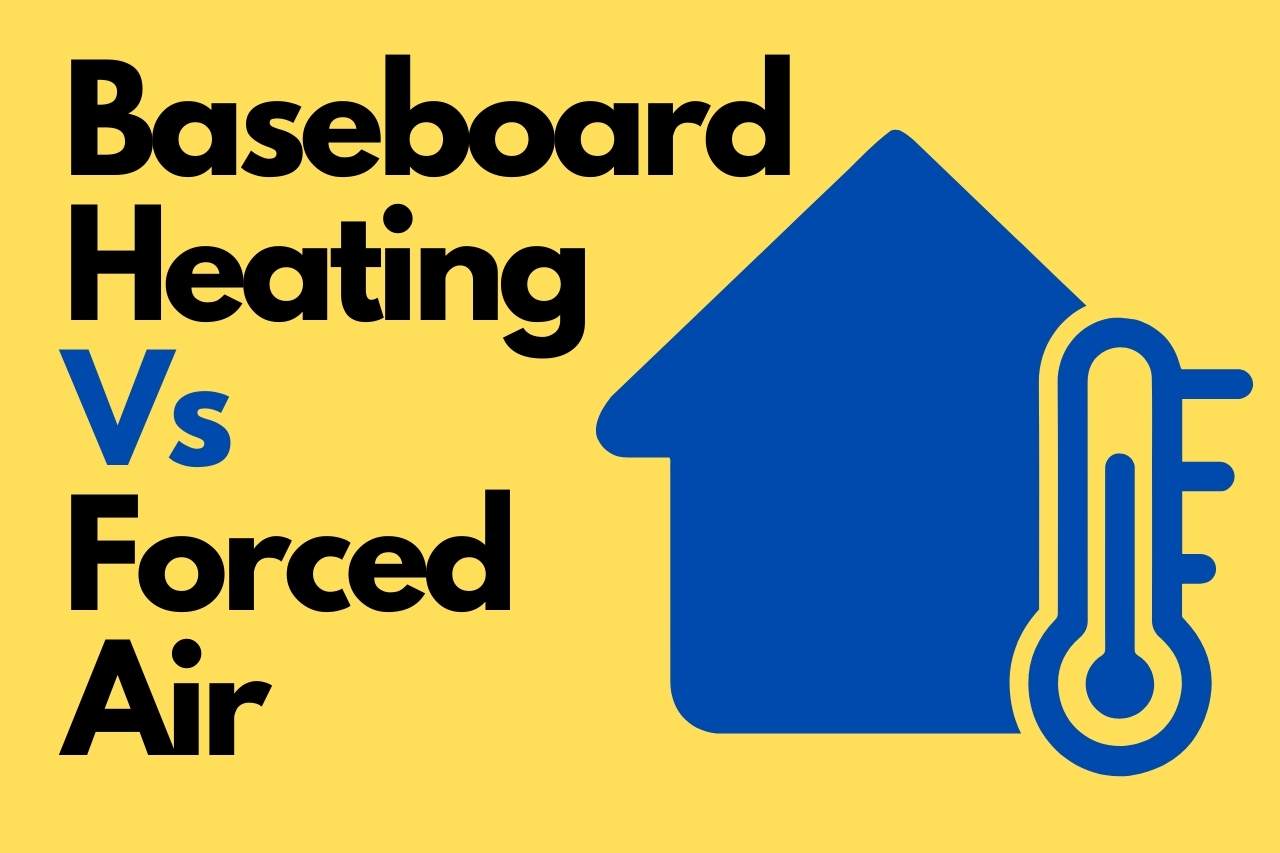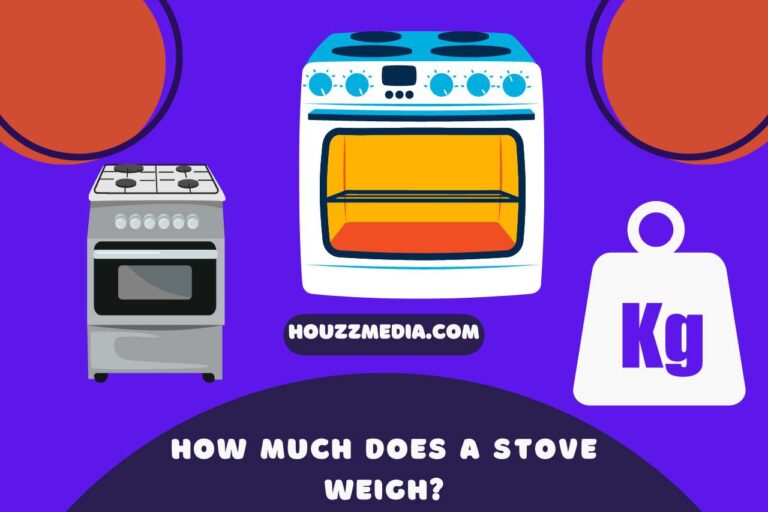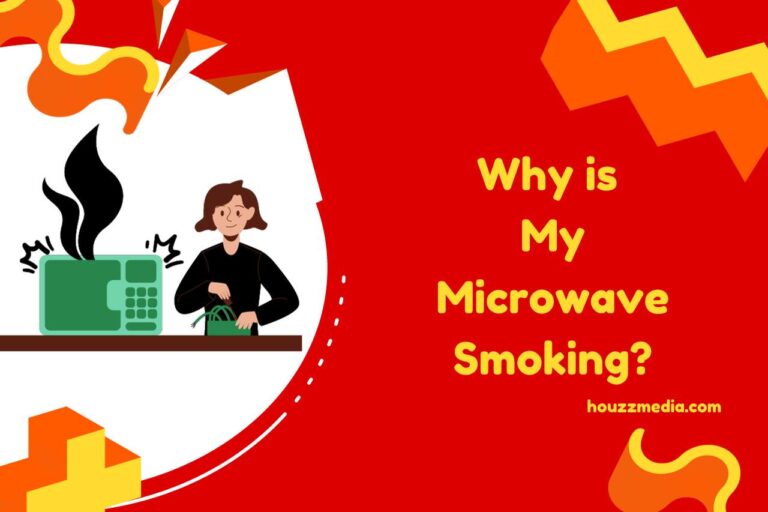Baseboard Heating Vs Forced Air: Here Is The Comparison You Want
There are numerous alternatives available while selecting the method to warm your house, which might be complicated. Which heating system is better for the house, baseboard heating vs forced air? You must carefully balance the benefits and drawbacks.
What Is A Baseboard Heater?
The term “baseboard heating” refers to a system of floor-level heating devices that distribute heated air. Even though some houses employ a thermal or liquid-based technology, baseboard heating methods usually are powered entirely by electricity.
The same method your oven uses to circulate convection airflow also powers baseboard heating systems. Throughout the vents, chilly air seeps into your house and is absorbed by the heater. A network of hot blades is used to reheat the cold air, which is subsequently warmed and cycled as it increases throughout space.
An outside boiler heats the water or fuel, which is fed via the baseboard heater, which then warms the airflow that is circulated.
Pros Of Cons Of Baseboard Heat?
Baseboard heaters have the significant benefit of operating almost soundlessly. While they are working, you most likely won’t be hearing much. Baseboard heat has a low initial cost, which is one of its main benefits. Installing them is less costly than installing a forced ventilation system.
Additionally, they don’t need ducting. This dramatically simplifies installation, particularly in homes without existing air ducts. Its heat radius is often relatively tiny, which is a disadvantage.
Shorter spaces cannot be heated by baseboard burners, while bigger spaces might take more time to warm up, even when using numerous heaters. However, the heat generated by such devices is more reliable, and they also have the benefit of being separately regulated to create various heating zones.
What Is The Process Of A Baseboard Heating System?
Passive convection is the primary mechanism by which baseboard heaters operate. This idea explains how cold air enters or leaves the baseboard heater’s ports. When it gets there, liquid, oil, or iron blades warm the chilly air.
The presence of hot metal blades indicates an electric baseboard heater. But if warmed oil or liquid is included, the device is a hydro baseboard heater.
Both varieties use electricity to generate heat, but in different methods, despite the fact that only one type is designated as “electric.” In both situations, the hot air rises from the baseboard heater and fills the space.
Heater With Forced Air
The majority of us are aware of pressured hot air devices but don’t understand how they operate. Through ductwork, cool air is drawn into the heater, and the burner ignites a flame powered by gasoline or oil. The chilly air is warmed by the exchanger once it has warmed up. The areas of the home are then heated air is pushed or blasted via a new set of pipes.
Pros And Cons Of Forced Air Heaters
The most effective method for warming the entire house is forced air. It heats up rapidly and circulates air around the house. Another benefit is the ability to utilize the same ductwork with forced air conditioning and heating to keep people cool in the summertime.
The method has the potential to both efficient heat and cools your house is centralized heating’s most vital feature. The circulation of air via ducts, though, can introduce dust or even other allergies, and vent leakage can lower efficiency.
Various parts of the house may have varying degrees of heat. But no matter how big the house is, a central system could quickly and effectively heat it.
What Is The Process Of A Forced Air Heating System?
With a forced air heater, the warming unit is positioned where there is little foot activity, as opposed to being put within the space way baseboard heaters are. This is due to the widespread usage of forced air heating.
In essence, the air surrounding your house is “inhaled” and “exhaled” by your Heating system. The furnace may “breathe” the air in the house thanks to cooler air flows. Low-lying vents inside the home draw in cold air, which is then transported via the ductwork into the furnace, which is purified, warmed, and then returned to warming your home.
Electric, as well as gas stoves, are two options for forced air heaters. The system may also employ thermal or thermal pump technologies. This can be done more efficiently with forced air heating owing to systems of pipes and blowers.
Baseboard Heating Vs Forced Air
By dispersing air all throughout the building, forced air warming is utilized in houses to chill or warm the atmosphere within. It frequently heats up quickly, is affordable, and is dependable. But it may be noisy, and ductwork leaks can reduce efficiency.
Contrarily, because baseboard heaters do not require loud blowers, they run virtually silently. Additionally, they don’t need ducting, which makes them simple to build and has low upkeep. A building is also often heated uniformly by baseboard heating instead of irregularly by forced air heating.
To assist you in selecting the best choice for your household, we’ll look closely at the advantages and disadvantages of baseboard heating vs forced air in this article.
Principle Of A Baseboard Heater
It is accomplished by the passive flow. The device heats the cooler air that is drawn through into the baseboard and then falls into it using the outlet. The heated air would then be let into the space.
Principle Of A Forced Air Heater
Draws cooler air through into ducting, where it will be warmed by a burner and then dispersed with the help of a blower and fan.
Form of the Heating – Baseboard Heater
Zone heating
Form of the Heating – Forced Air Heater
Central Heating
Structure Of Baseboard Heater
Entails the installation of a heating system and ducting.
Structure Of Forced Air Heater
Installs without the need for ducts or a heating system.
Types Of Baseboard Heaters
- Electric baseboard heaters.
- Hydronic baseboard heaters.
Types Of Forced Air Heaters
- Gas furnaces.
- Electric furnaces.
- Hydronic coils.
- Heat pumps.
Baseboard Vs Forced Air: Which Would Be Preferable?
Which one is a better option for warming your house, baseboard heating vs forced air? As usual, we shall state that the response to this query is dependent upon your circumstances and requirements. You must balance the setup and operating costs as well as the benefits and drawbacks of each solution. Many people make it based on their budget. Others have personal taste.
More Articles:






